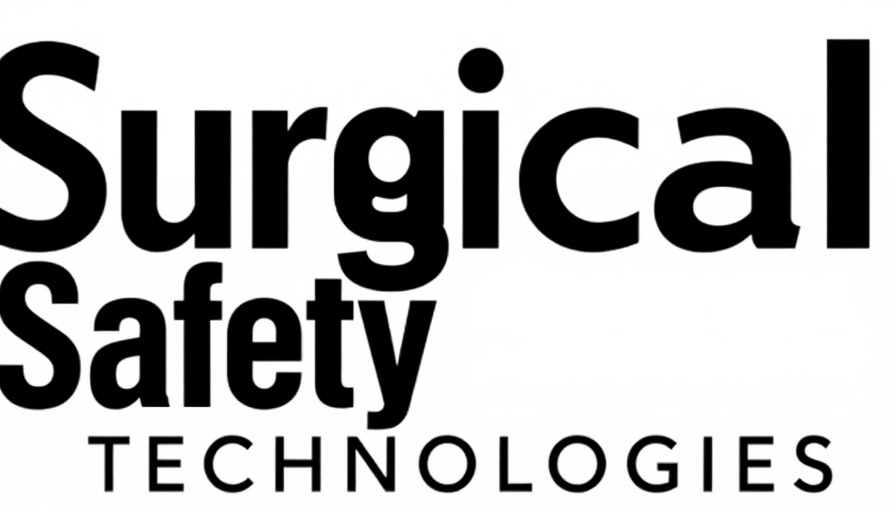
Transforming Education: The Rise of E-Learning Apps
In today's fast-paced world, e-learning apps are redefining the educational landscape, offering innovative solutions that break traditional barriers. With the ability to learn at any time and from anywhere, students, especially those in remote areas, are gaining access to quality educational resources. The global e-learning industry is projected to reach around $1 trillion by 2032, underscoring the significant shift towards mobile learning solutions.
Accessibility Redefined: E-Learning for Everyone
The COVID-19 pandemic catalyzed a rapid development in e-learning applications, paving the way for accessible education for all. In many underprivileged regions, education can be a challenge; however, e-learning apps have emerged as formidable platforms providing opportunities for all learners. Through downloadable resources and offline functionalities, platforms like Khan Academy and Coursera are helping students learn anywhere, emphasizing a future where education is truly accessible.
Affordable Learning: Quality Education at Lower Costs
Another crucial advantage of e-learning apps is their affordability. Historically, education has been hindered by the costs associated with tuition, transportation, and materials. E-learning integrates these facets into a single platform, making it more cost-effective without compromising quality. Apps like Udemy and edX utilize freemium models, ensuring that high-quality courses are available to users for free, empowering more individuals to gain skills that could enhance their employability.
Inclusive Education: E-Learning for All Needs
The beauty of e-learning apps lies in their inclusivity. They cater to diverse learning needs, including those requiring special attention due to disabilities. Individualized learning experiences ensure that every child can thrive academically, fostering an environment where education is tailored to fit every learning style.
Parental Concerns: Online Safety in E-Learning
Though e-learning presents numerous opportunities, parents must navigate the complexities of online safety. E-learning platforms often lack the robust parental controls seen in traditional educational settings. It's vital for parents to actively engage with educational apps, ensuring that content is appropriate and that their children's screen time remains within healthy limits. Incorporating effective parental controls will further enhance the educational experience while keeping children safe online.
Embracing the Future: What Lies Ahead for E-Learning?
As we look to the future, e-learning apps are set to evolve with advancements in technology. Innovations in artificial intelligence and virtual reality could transform how students interact with educational content, making learning even more interactive and engaging. As education continues to migrate online, parents must stay informed about the changing landscape of e-learning and its potential impact on their children’s academic journeys.
In conclusion, e-learning apps are not merely an alternative to traditional education; they represent a transformation in educational accessibility, affordability, and inclusivity. Parents must embrace these tools while remaining vigilant about online safety. The future of education is here, and it’s more engaging than ever.
 Add Row
Add Row  Add
Add 




Write A Comment